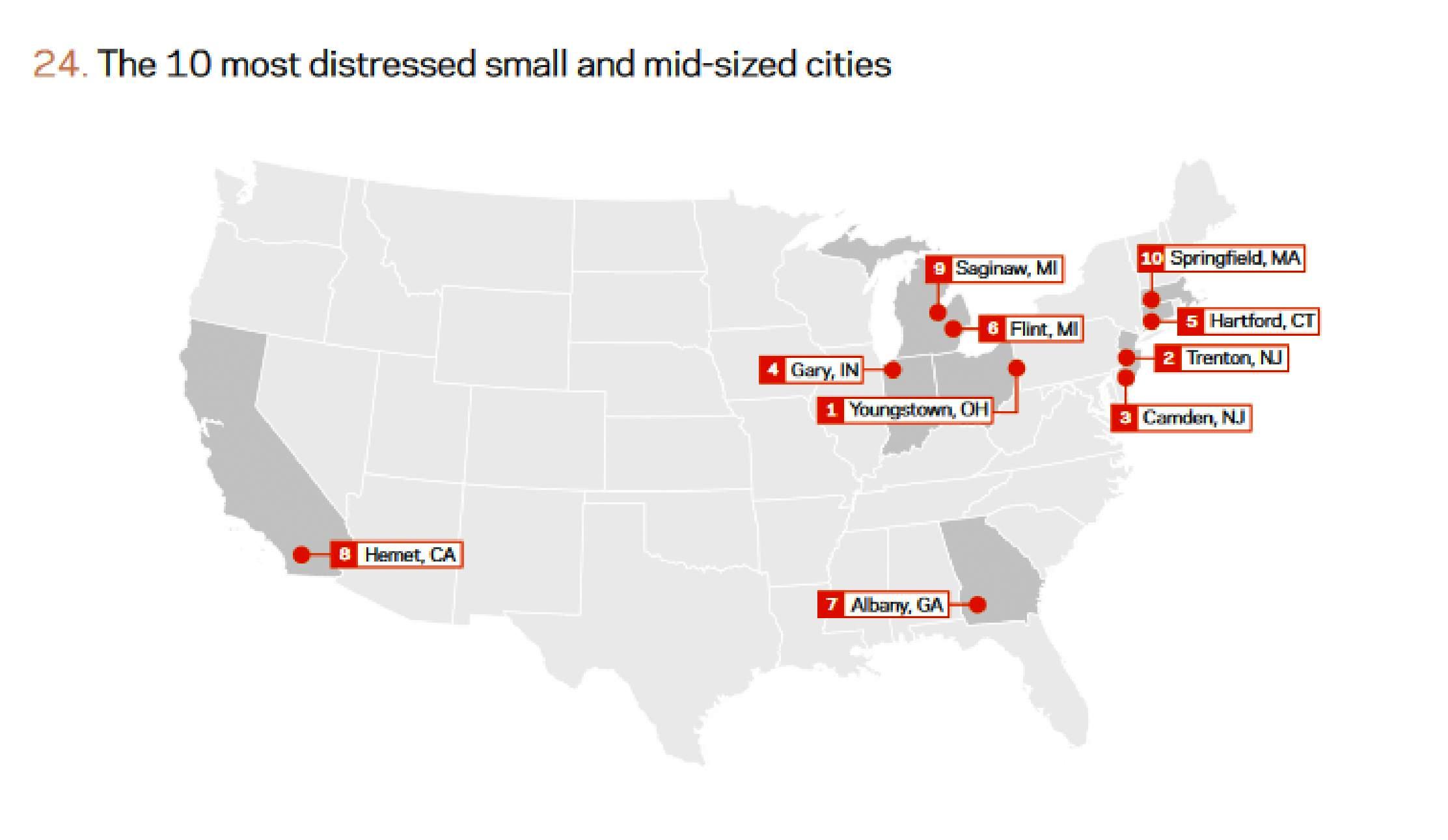The Daily Escape:

When the dog lies about his previous sheep-herding experience
A new set of tax policies have been proposed by the White House and the GOP. They involve both tax cuts, and some tax reforms. Here are the bullet points of the GOP’s sales pitch:
- The tax cut won’t help the rich, and won’t help Donald Trump personally
- The tax cut will generate enough growth to pay for itself
- Most of the benefits of the tax cut will go to the middle class
Here are the NYT’s calculations on Trump not gaining anything:
Trump could save more than $1 billion under his new tax plan
And here is the Tax Policy Center’s take on the benefits to the wealthy:
- The top 1 percent of households (those with incomes above $730,000) would get about 53% of the framework’s net tax cuts, or roughly $130,000 a year on average.
- The top 0.1 percent of households (those with incomes above $3.4 million) would get roughly 30% of the framework’s net tax cuts, or about $720,000 a year, on average.
Turning to the statement that “tax cuts will pay for themselves”, Trump claimed in a talk with House Ways and Means Committee a few days ago, that his tax plan will produce more than 6% growth.
An economist once said that you don’t need to look at the details of a Republican tax plan. The higher the Republican growth forecast, the worse the actual deficit in their plan. That’s because they need greater revenue growth to cover the deficit hole they are creating. Given Trump’s 6% growth forecast, you just know the tax plan is going to be a budget buster.
We have learned from past GOP tax cuts that they won’t reduce deficits or balance budgets. Want proof?
- The George W. Bush tax cuts made the deficit larger, while doing little or nothing to stimulate the economy
- The income-tax cuts in Kansas caused the state’s deficit to accelerate significantly, while economic growth lagged the contiguous states
- Even Ronald Reagan’s tax analysts, David Stockman and Bruce Bartlett, have acknowledged that unfunded tax cuts don’t create growth, they make for bigger deficits.
Regarding the point that most of the cuts will go to the middle class, it won’t happen. Since 83% of the plan’s cuts are going to the top brackets, there’s not much left for the middle class.
What they don’t talk about is their plan to get rid of personal exemptions, which is a key deduction for middle class families, especially those who itemize deductions. To determine whether middle-class families get a cut or an increase under the new plan, you need to calculate if the higher standard deduction, plus the proposed expansion in the child tax credit, (no details about that yet), is greater than the loss of personal exemptions.
Josh Barro at Business Insider crunched the numbers, and his conclusion is: (emphasis by the Wrongologist)
While there are still a lot of details to be filled in, the information we have available suggests the new Republican tax proposal would raise income taxes on many families who make just a bit more than the national average.
They are promising to eliminate the “alternative minimum tax”, (AMT) a tax provision designed to ensure that wealthy taxpayers (who can have accountants find deductions) would pay some modicum of taxes rather than get off scott-free. In fact, the GOP has it backwards: People who owe the AMT should be paying more tax than they would pay with the AMT. It serves its intended purpose. Elimination of the AMT is another tax break for the wealthy: For example, Trump has had to pay the AMT, as have most real estate developers.
Now, ask yourself why should personal tax rates be less progressive in 2017 than they were in 1963? Shouldn’t progress towards a more equal society mean our rates would be MORE progressive, not less? It’s not as if we have less inequality, we have more.
The reason we should want to tax the rich (till it hurts) is to reduce their power and overwhelming choke hold on policy.
When will the GOP engage in an honest discussion about their tax plan?
Not soon. Maybe not ever.
Here’s First Aid Kit doing a cover of Simon & Garfunkel’s “America”, from 2014:
We all need to look for America, its getting very hard to find.
Those who read the Wrongologist in email can view the video here.





